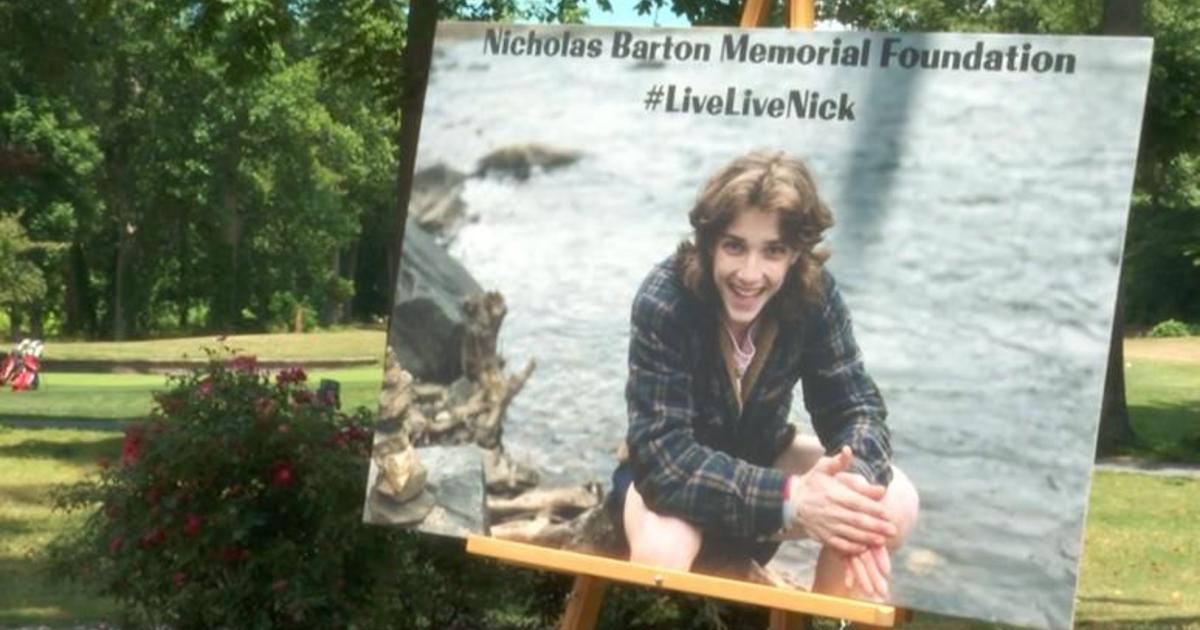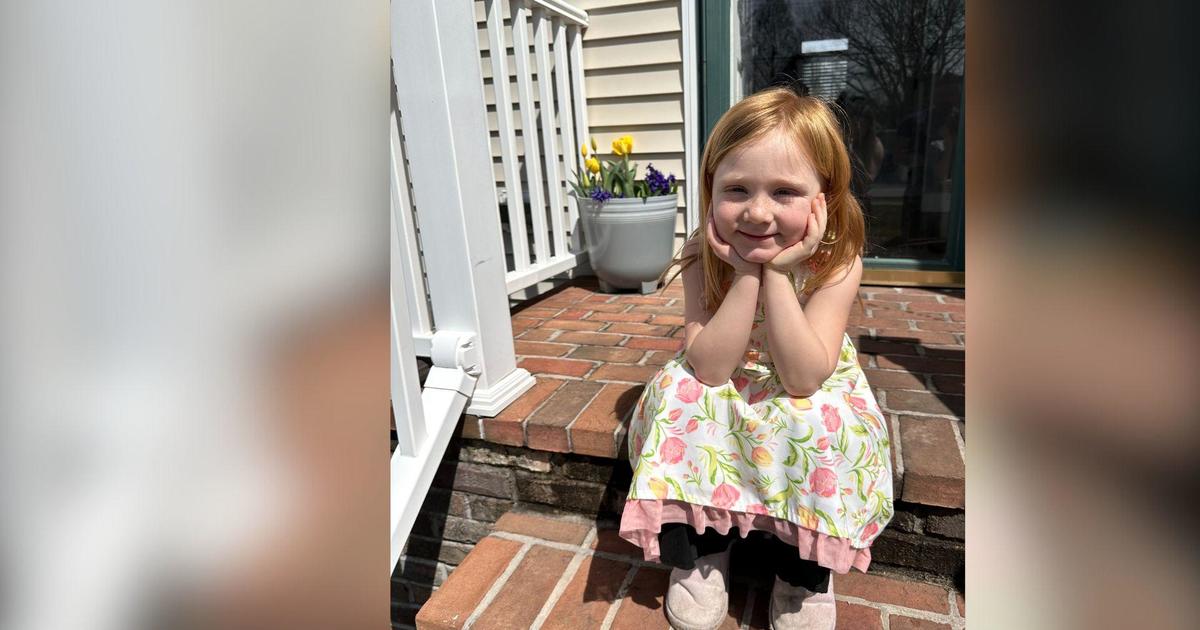Witness: BPD Sergeant Ran Multi-Million Dollar Drug Enterprise
BALTIMORE (WJZ) -- A witness in the federal corruption trial of two Baltimore City Police Gun Trace Task Force detectives testified how he sold millions of dollars worth of stolen drugs with their supervisor for years.
Bail bondsman Donald Stepp, 51, said he was motivated "because of greed" and the decision to start a lucrative drug business with Sergeant Wayne Jenkins was "a tragic mistake in hindsight."
There was immediate fallout from Stepp's testimony: City police suspended the police powers of a sergeant who is not charged in the case, and Baltimore County Police are looking for information on one of their officers Stepp accused of committing robberies.
Stepp said he'd known Sergeant Jenkins for years.
"I felt comfortable with him," he told jurors.
He said he agreed to sell Jenkins' drugs while a trip to a Delaware casino.
"I felt it was a good gamble," he said.
He never imagined how many drugs he'd get.
"It was just over the top--anything and everything. I didn't even know what some of it was," he testified. "I can't even sit here and fathom how much he's brought."
He said he gave Sergeant Jenkins a key to a shed on his waterfront property in Baltimore County, and the sergeant would fill it up with narcotics at all hours of the day and night.
"What did I make? Probably a million dollars or more."
He says Jenkins charged him only $15,000 for a kilo of cocaine that would cost more than double that from another supplier.
Stepp said he gave Jenkins as much as $500,000. He called the elite gun squad Jenkins lead "a front for a criminal enterprise."
"He enjoyed the Gun Trace Task Force because it just opened up the entire city. It gave him the ability to have the entire city at his disposal," Stepp testified. "It was obvious after taking millions of dollars in drugs from Jenkins and selling them that this is not a normal police department."
Stepp said he bought items like masks, grappling hooks, and machetes for the GTTF and officers in other parts of the police department. He said Jenkins used the items to commit robberies and wanted to do it under the radar of the police department.
"It was an enormous list he gave me to keep up with."
Jurors were shown pictures of Stepp in Jenkins office at Baltimore City Police Headquarters holding and pointing his service weapon and wearing the sergeant's vest.
"It was easy for him to steal because he had unbelievable access in his position."
He testified about a meeting at a Baltimore City strip club with a major New York City drug dealer where police, including Detective Marcus Taylor who is on trial in the case, provided security.
Jurors saw pictures of Stepp's broken ankle after he scaled the fence of a storage unit to steal almost a kilo of cocaine at Jenkins' direction, and he claims another detective on trial, Daniel Hersl, became angry because he left several ounces behind.
He said Sergeant Jenkins brought him large trash bags full of drugs looted from pharmacies in the wake of the riots after Freddie Gray's death. Stepp remembers Jenkins telling him, "I've got people coming out of these pharmacies. I've got an entire pharmacy." Then-Commissioner Anthony Batts held several press conferences in 2015 where he blamed the stolen drugs on a surge in murders in the city.
But Stepp started getting nervous when Jenkins and other members of the squad were arrested last March. He kept a copy of the indictment in his bail bonds truck and followed news coverage.
"One mistake with Jenkins, and here we are," he told Hersl's defense attorney William Purpura, who noted Stepp should blame himself.
Purpura said Jenkins home in Bowley's Quarters is worth almost a million dollars. He asked him how much the government took.
"They took it all, a couple thousand," Stepp said in response.
"How many lawyers do you have? Two?" Purpura asked.
"It's a great country."
To which Stepp asked how many lawyers Hersl had.
"One and a half," Purpura answered.
Purpura also made sure jurors knew Stepp was not currently in jail, but at his home under electronic monitoring. He pointed at his client and Detective Taylor in the courtroom, "Is Wayne Jenkins over there?"
He stressed that Jenkins is the one who committed the crimes.
Under cross examination, Stepp also admitted how he got direct contacts with drug suppliers in Columbia and the Dominican Republic.
"It takes a lot of years to get to people like that."
He recounted robbing Baltimore's biggest heroin dealer under Jenkins direction, stealing $19,000 from his Acura while he was inside the Sam's Club in Rosedale. He said Jenkins liked to target '"drug lords" and "monsters."
But in the end, Stepp started to lose his trust in Sergeant Jenkins.
"I was starting to worry about my life," Stepp said from the witness stand.
Stepp entered into a plea deal with the government that gave him immunity for his testimony. He still faces a possible life prison sentence, but if he hadn't been caught, admitted he would've taken his secrets "to the grave."
Jenkins has also pleaded guilty in the case and is jailed pending his sentence. He is not testifying for the government.
Testimony resumes Monday in the trial.
CLICK HERE for our previous stories on this trial.
Follow @CBSBaltimore on Twitter and like WJZ-TV | CBS Baltimore on Facebook



